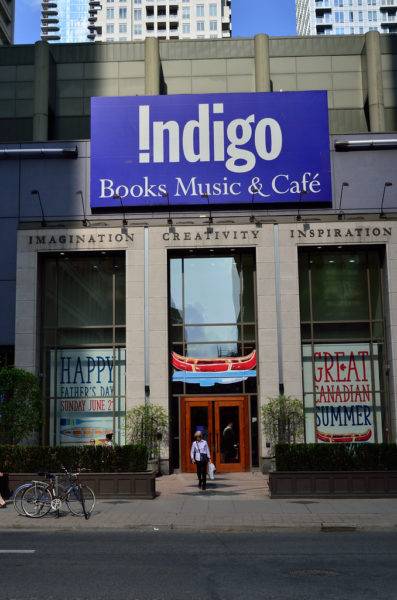In the free-to-cheapskate-free-subscribers version of The Line‘s weekly Dispatch, they look at how the Liberal government’s approach to social media has evolved from a useful way to stay in contact with the voters to, effectively, the primary communication channel to flatter themselves and conduct industrial-strength virtue signalling sessions:
When Justin Trudeau and his merry band of iPhone-packin’ Liberals came to power in 2015, they quickly established themselves as world leaders in the use of social media to backscratch, logroll, big-up, and otherwise tell one another, and the world, how awesome they thought they all were. We at The Line found it all pretty obnoxious out of the gate, but given Trudeau’s repeated electoral successes, it’s clear that YMMV on this sort of stuff.
But one thing that has happened over the past seven years is that social media has gone from a significant vehicle for the branding and promotion of the Liberal government, into something close to an end itself. It’s not clear when the shift happened, but at some point the Liberals went from Twitter being used as a way of selling policy, to policy being little more than a device for getting the shamrock Twitter army riled up. Similarly, where once Instagram was a way for Liberal ministers to show off while doing Liberal minister-y things, it’s pretty clear that now, the only rationale for a Liberal minister to do anything is if it serves the imperatives of the ‘gram.
To put it plainly: Under Justin Trudeau, Canada has become the world’s first Influencer Nation.
Understanding that Canada’s federal government is now little more than a social media account is the best — nay, only — way we have found of making sense of what Trudeau’s Liberals are up to. For example, earlier this week the Prime Minister’s Office sent an email around that contained a “readout” (that is, a more or less invented summary) of a conversation Trudeau allegedly had with some of his ministers and senior officials. The subject matter was “the latest developments in Ukraine,” and it is absolutely the sort of thing the prime minister of Canada ought to be discussing with his minister of defence, his minister of foreign affairs, and the clerk of the privy council.
But as the sort of thing that you would summarize as a readout and mail to members of the press gallery, it’s utterly preposterous. Paul Wells of Maclean’s, bless his heart, found the time and energy to chapter-and-verse it, and please do read the whole thing. But we would draw your attention to the second last paragraph of the readout:
Together, the Prime Minister and ministers raised the need to find a peaceful solution through dialogue. They reaffirmed Canada’s steadfast support for the sovereignty and territorial integrity of Ukraine, and considered current and future assistance to Ukraine. Prime Minister Trudeau emphasized that any further military incursion into Ukraine would have serious consequences, including coordinated sanctions.
Does this sound like any conversation you’ve ever had, or overheard? Is anyone credulous enough to think this is remotely how the discussion went? This isn’t the summary of an actual cabinet meeting; at best, it’s a placeholder bit of boilerplate for someone hell bent on trying to write an Aaron Sorkin movie about Canadian politics. But what it really is a sort of reverse New Yorker cartoon contest: It’s the caption for an Instagram post that you’re supposed to imagine in your mind’s eye.







